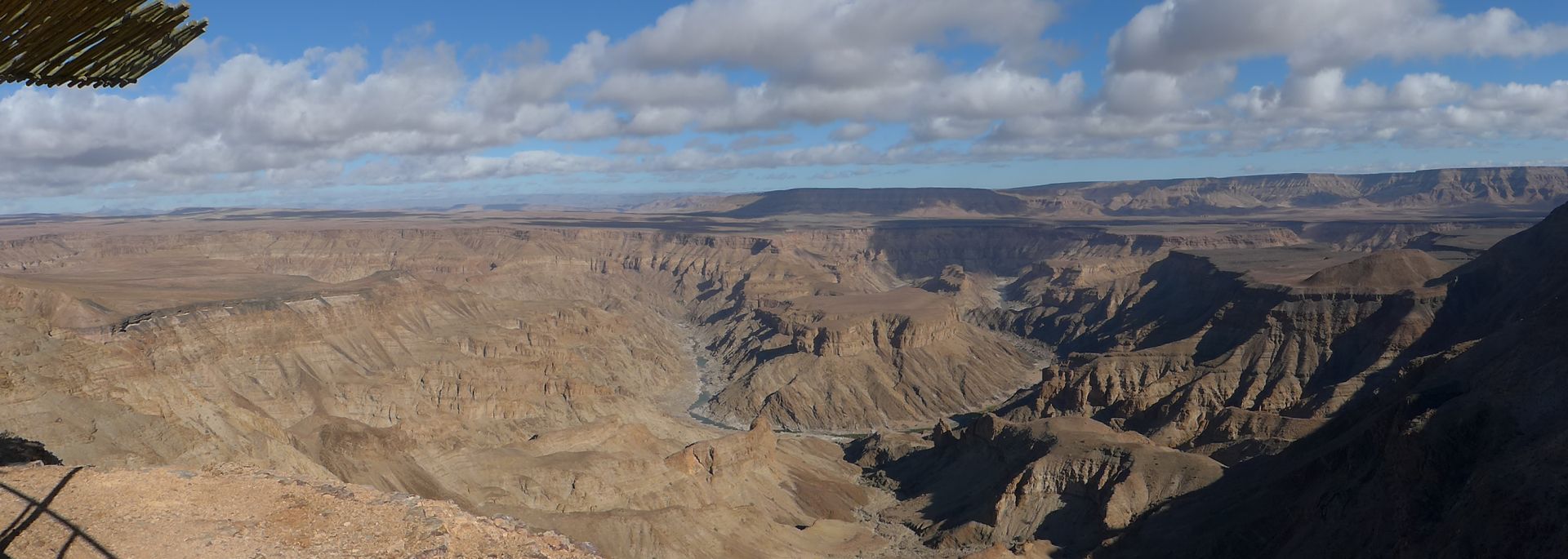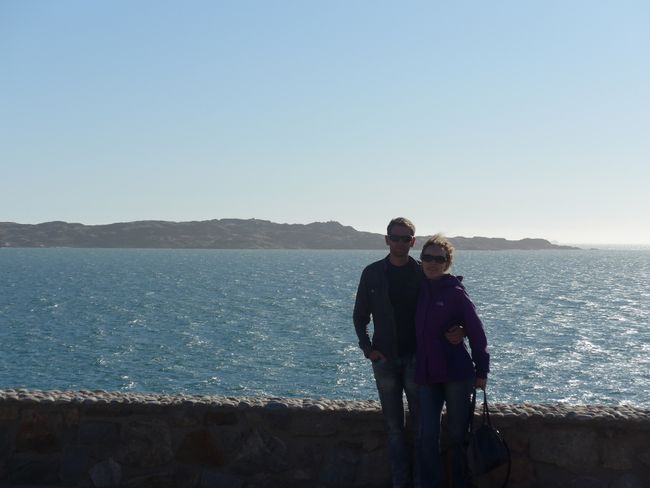Elephant Valley - visiting the elephants (Thailand Part 12)
Avaldatud: 18.03.2019
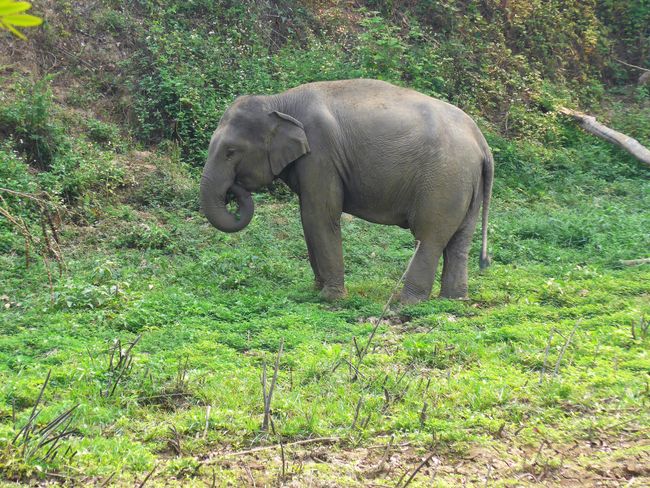
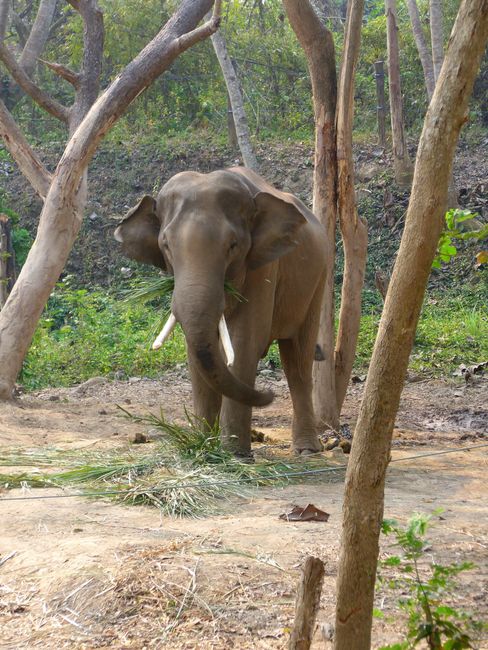
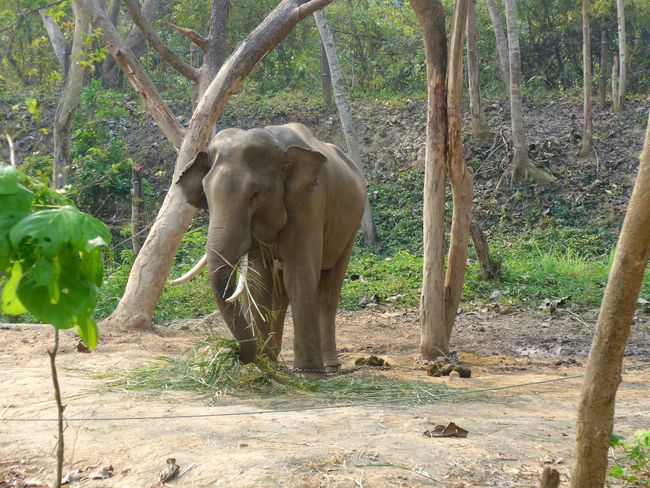
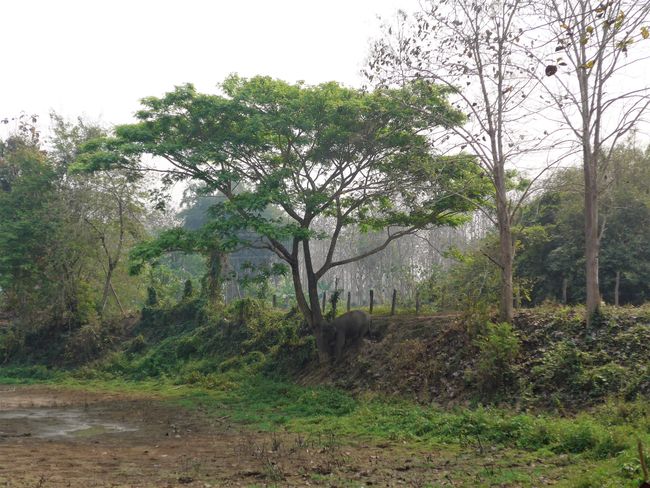
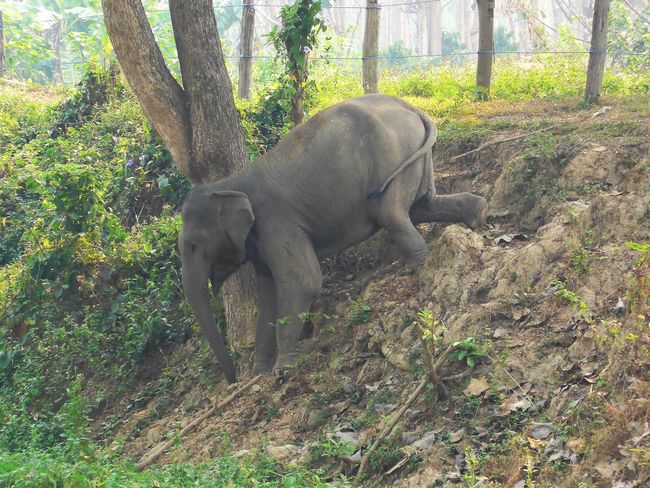
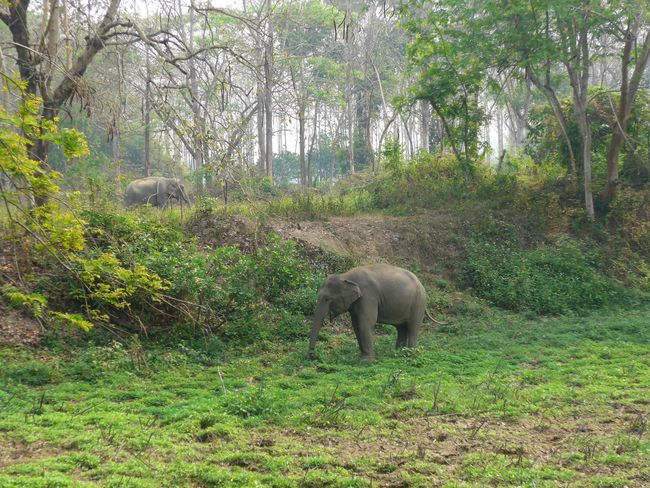
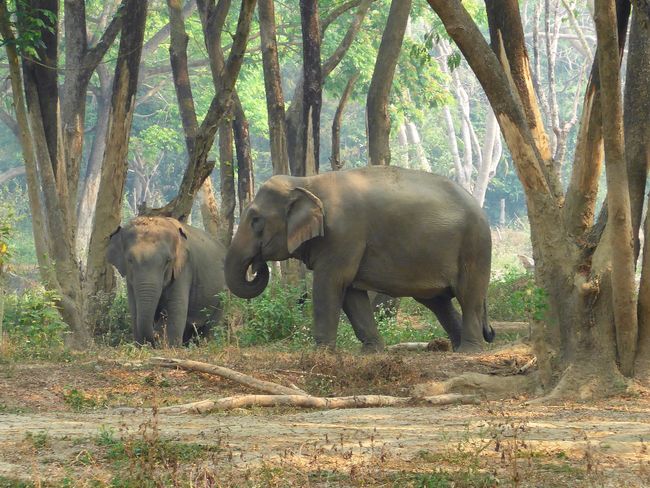
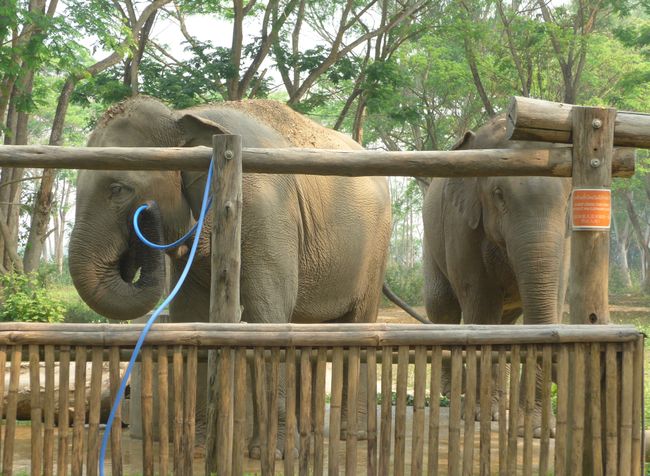
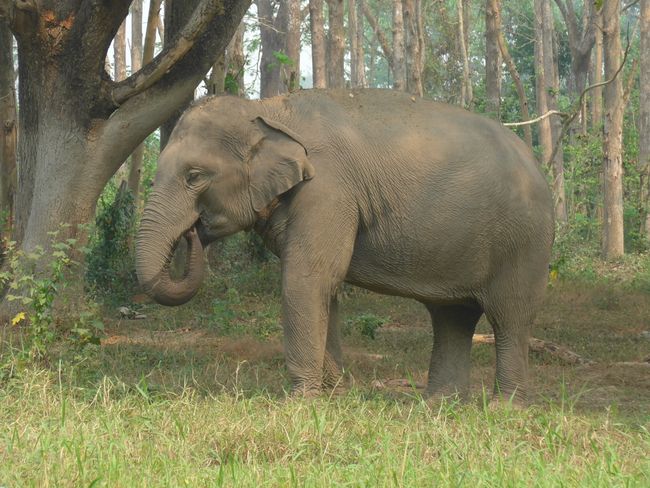
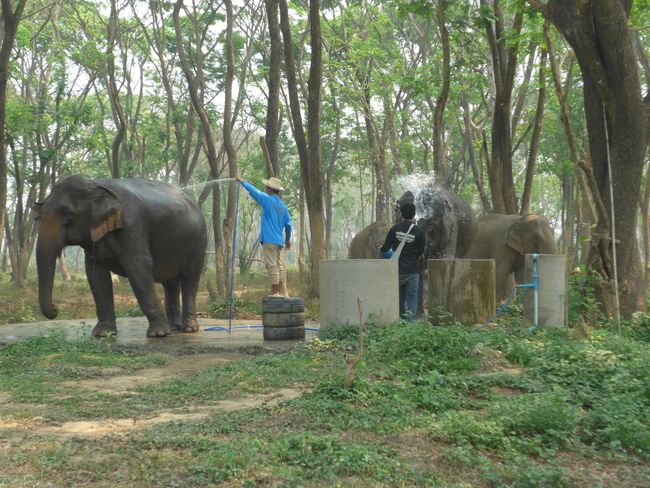
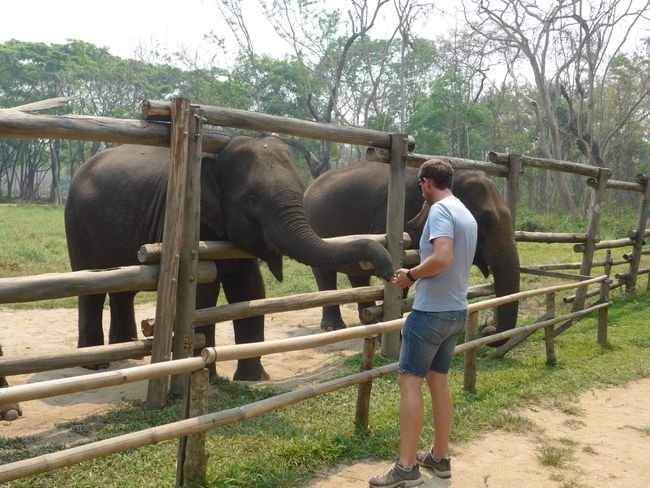
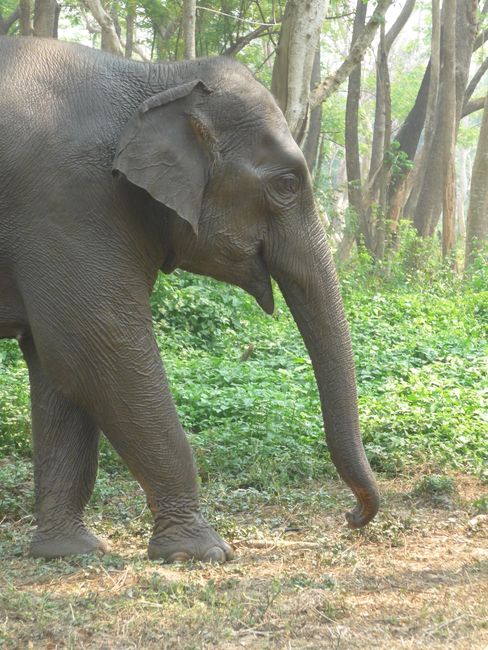
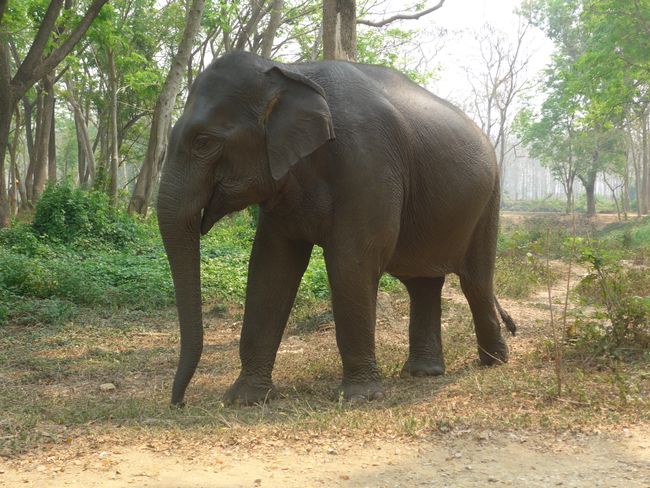
Telli uudiskiri
For centuries, the lives of people in Thailand have been intertwined with elephants. They have been used as pack animals, in war, or for riding. Even today, almost half of all elephants in Thailand live in captivity.
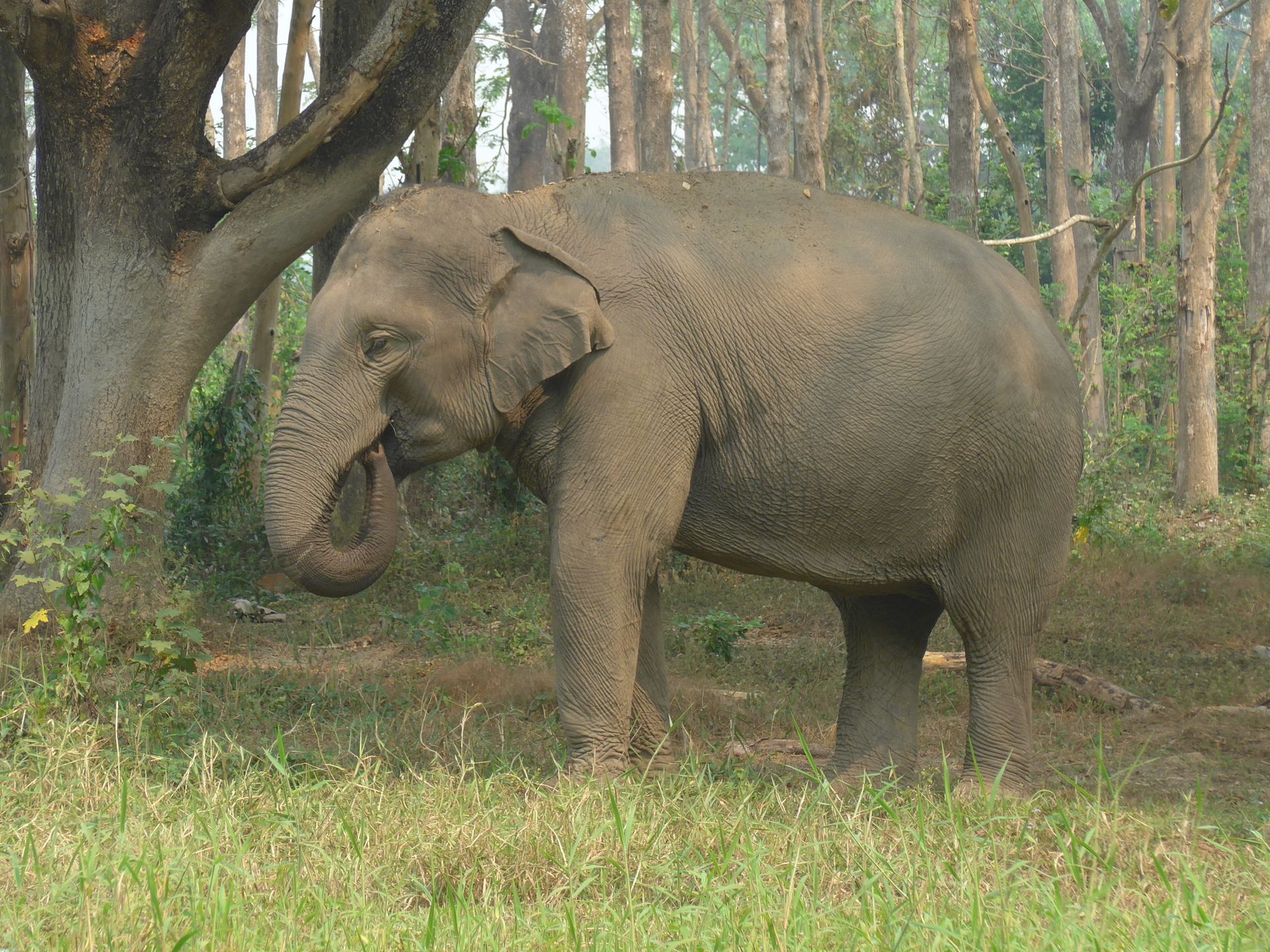
When jungle clearing was banned, many mahouts, elephant handlers, became unemployed and started begging with their animals.
Today, many elephants work in captivity in the tourism industry. Elephant riding is offered in many places. In order for an elephant to serve as a riding animal, he must be abused as a young animal to break his will. So riding on an animal is certainly not the most animal-friendly way to approach the pachyderms, although it is popular among visitors.
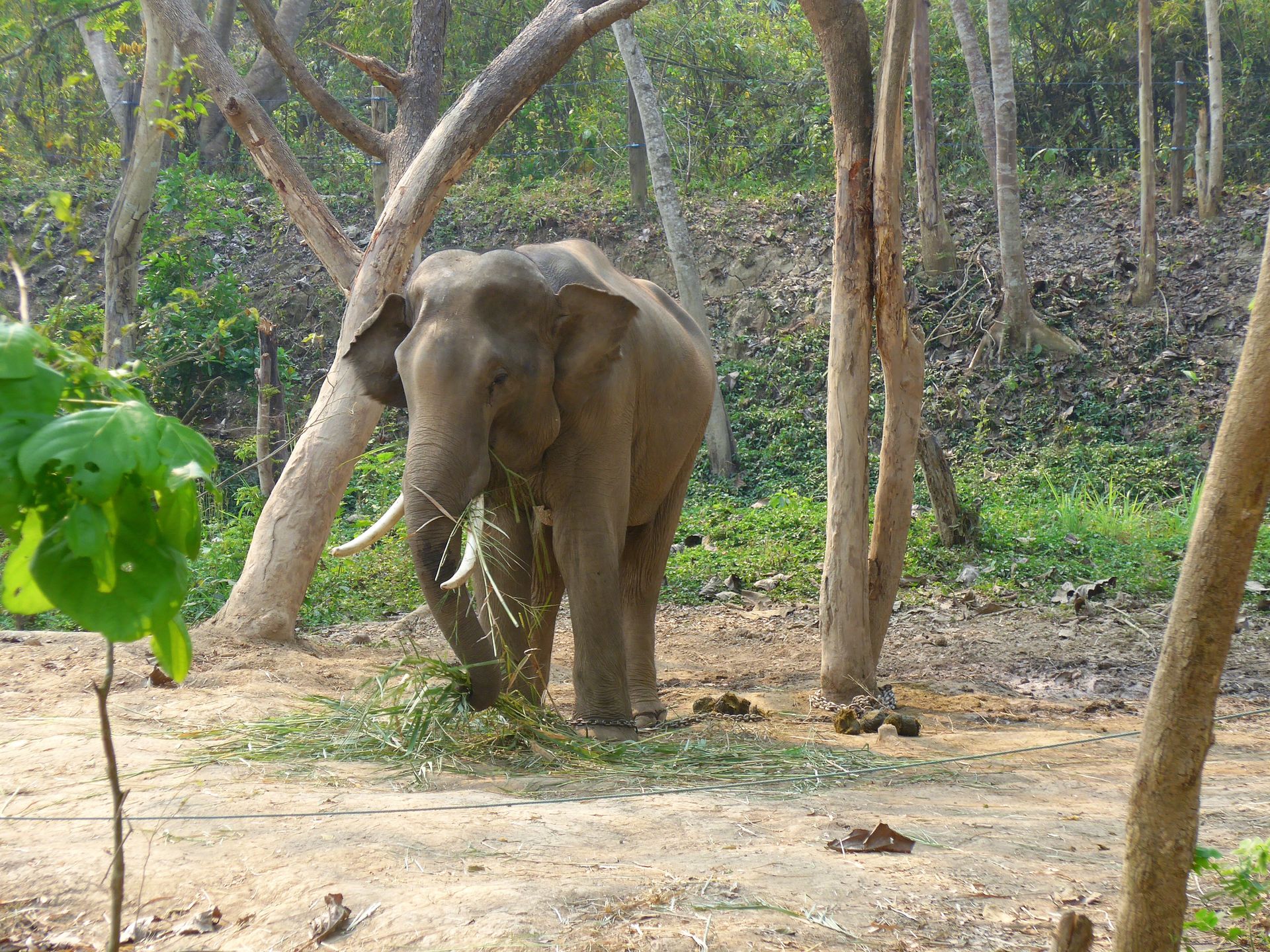
We wanted to visit a sanctuary, of which there are many in Thailand - unfortunately not always for the benefit of the animals, but for substantial income from tourists.
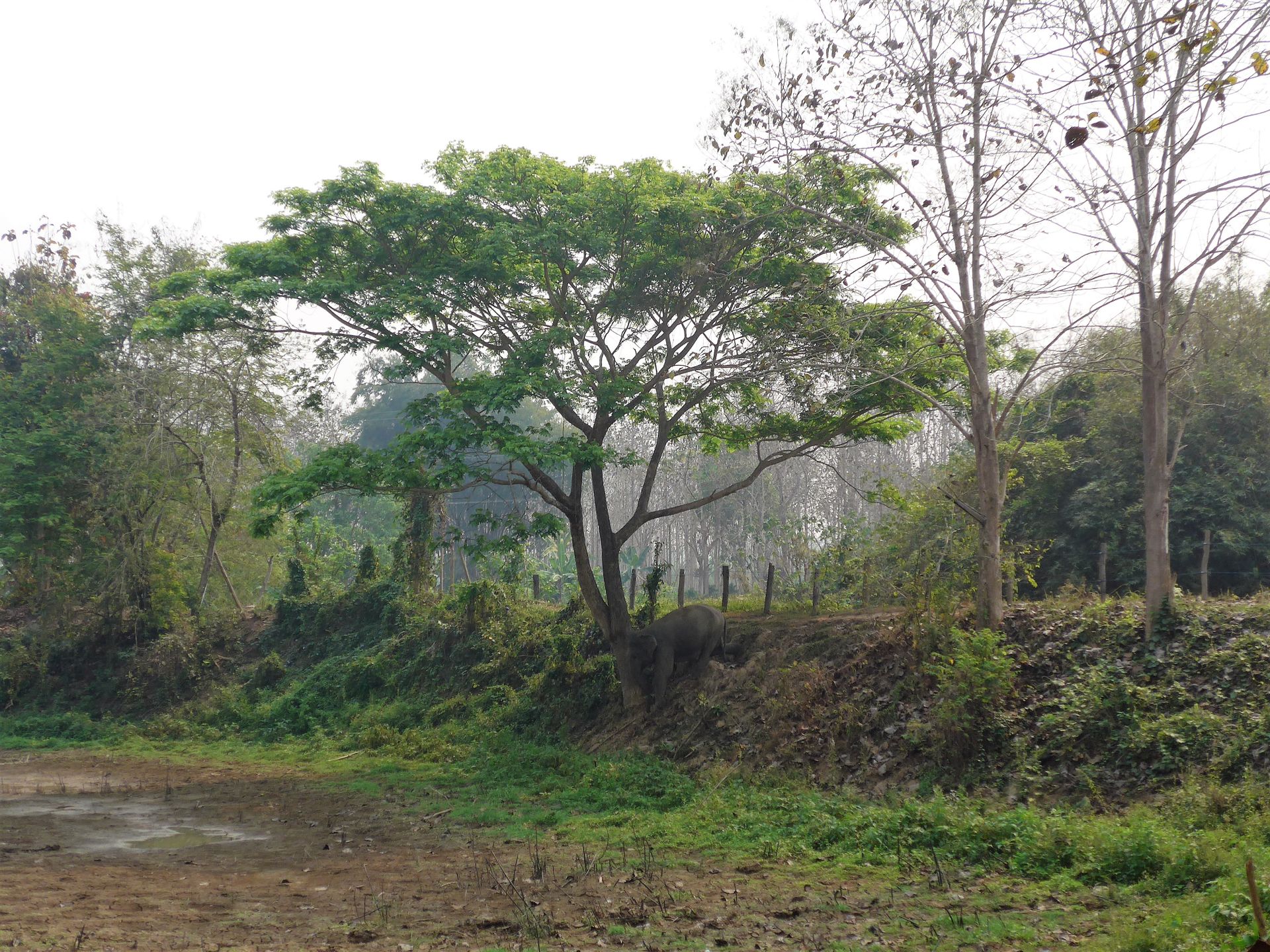
So we looked for a while for a place where the well-being of the animals comes before that of the visitors and finally found “Elephant Valley”, which was on our way from Chiang Rai to Chiang Mai.
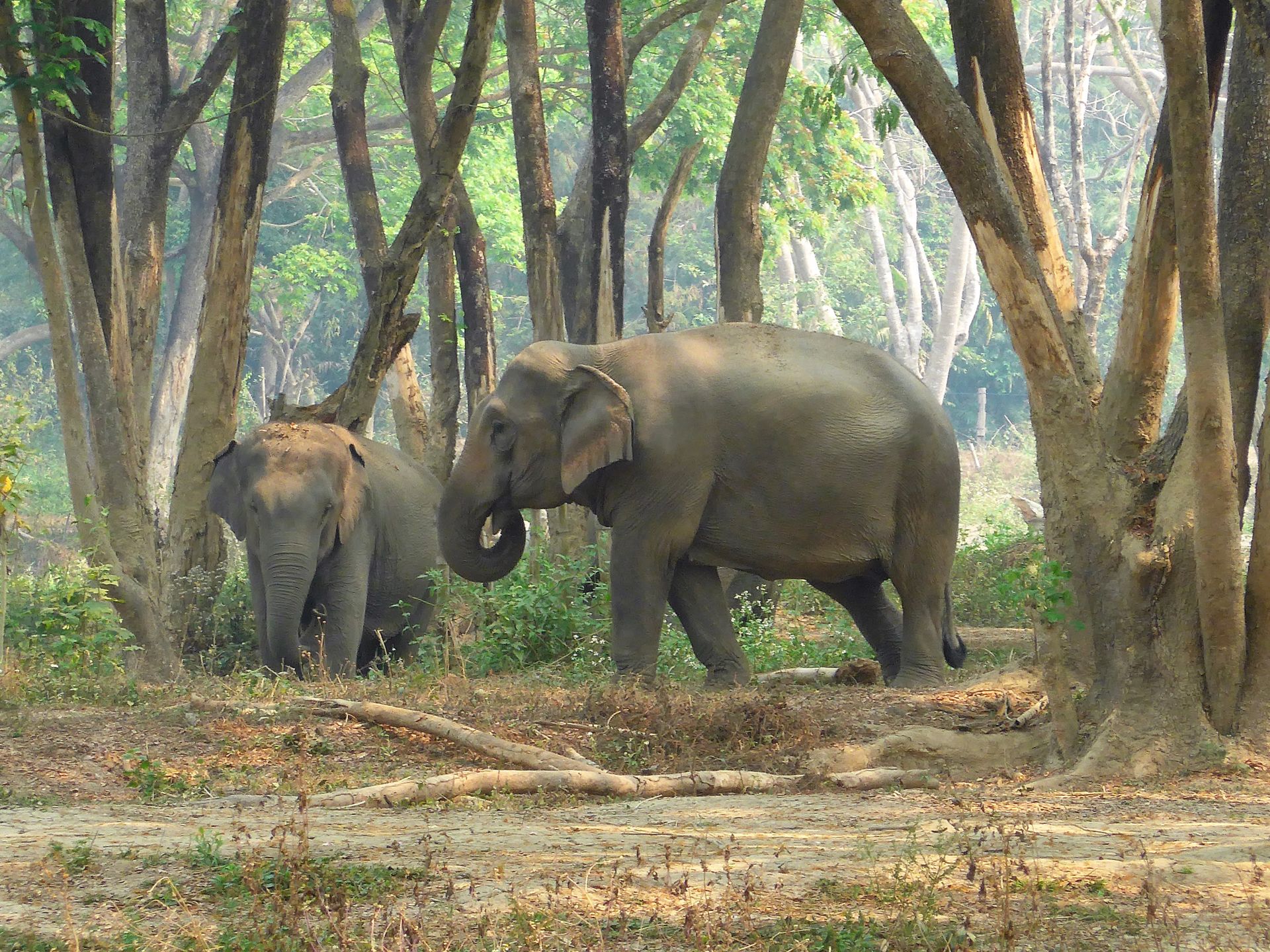
We were able to book a tour at short notice and went there the next morning. Unlike many other providers, there was no "bathing with the elephants", riding or petting here.
We were asked to always keep a minimum distance of 25 meters from the animals.
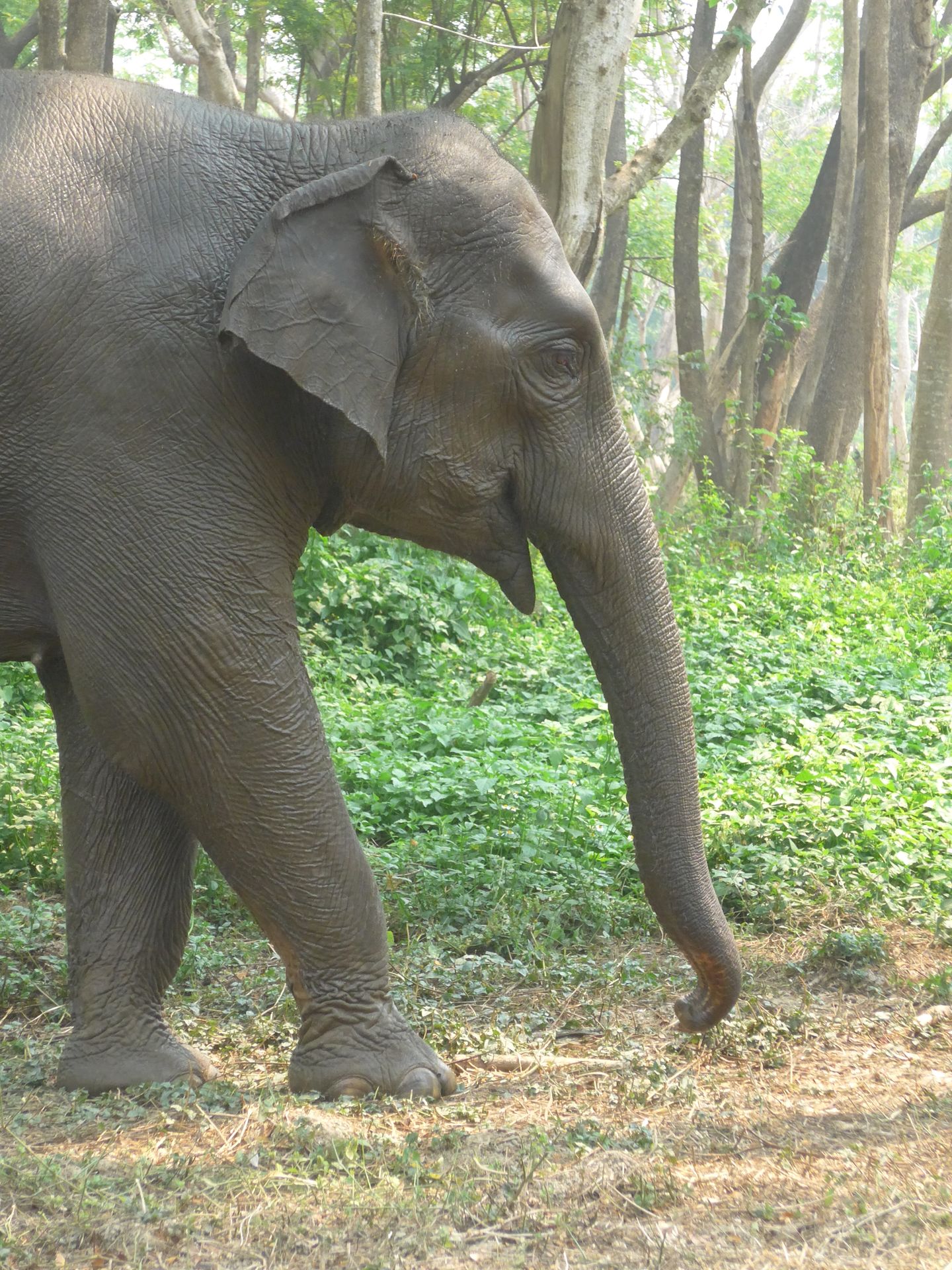
With a guide, we went to a 15-hectare open-air area where the elephants can move freely.

At the moment there are four female elephants and one bull living there. Unfortunately, the bull had to be separated from the others because he was in musth. During this period, the male becomes particularly aggressive due to a surge of testosterone and can harm other elephants or humans.
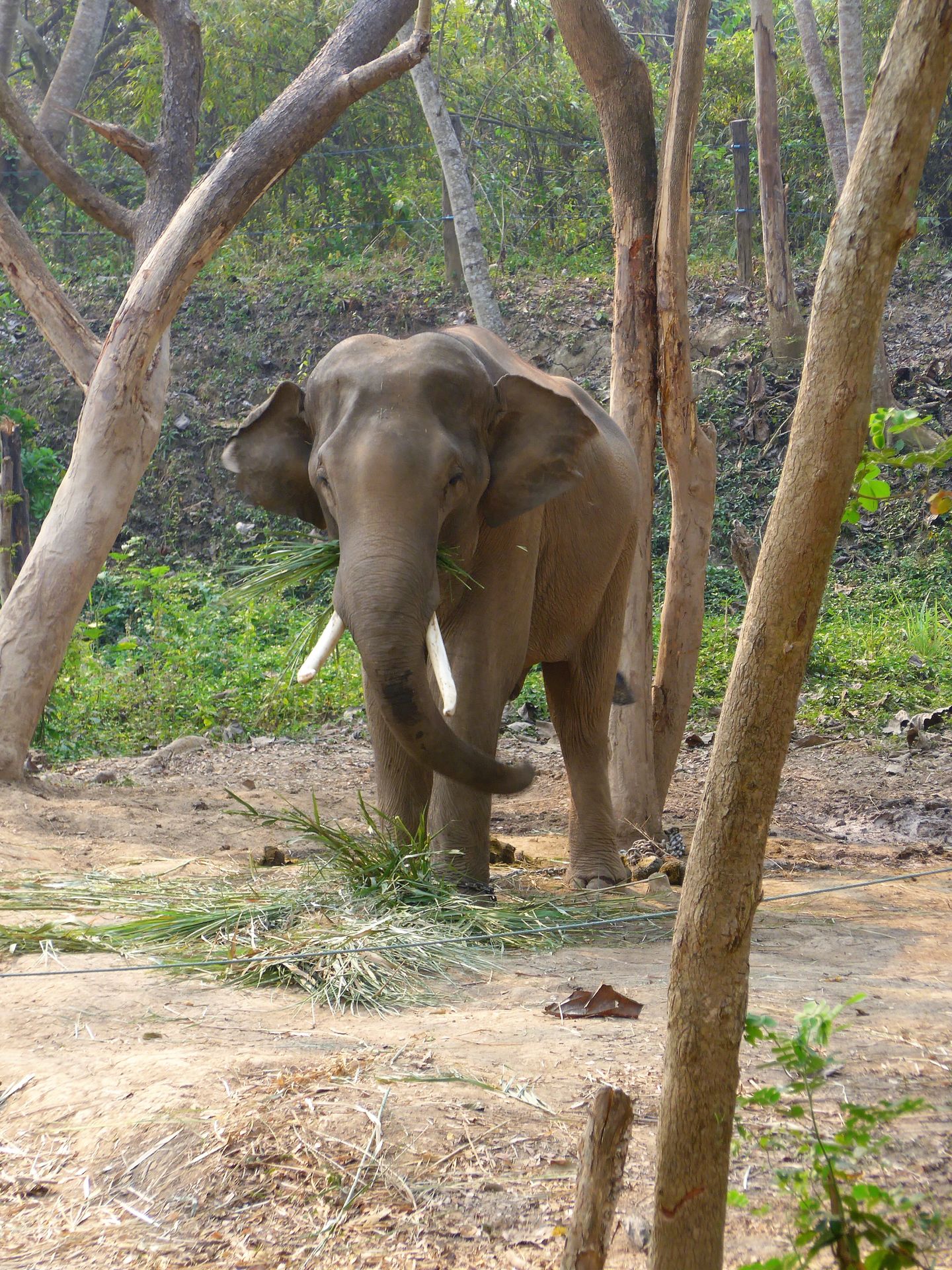
All the elephants in the sanctuary have previously worked in circuses or in the logging industry and are now being reintroduced to life in the wild. The sanctuary is the first stage, later they are supposed to move to a larger area with less contact with humans.
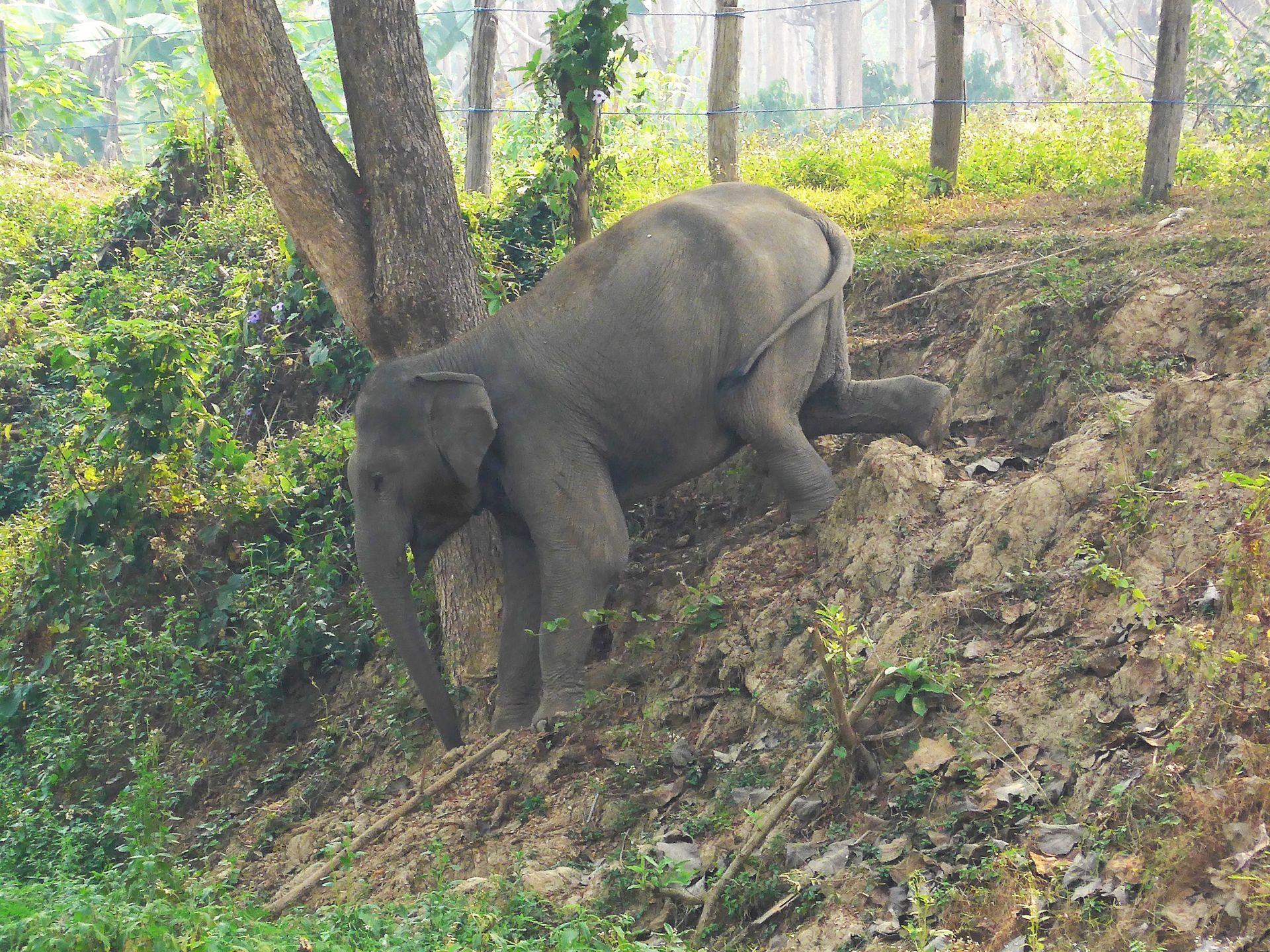
But here we were still able to watch them drink from the water source and with the water hose.
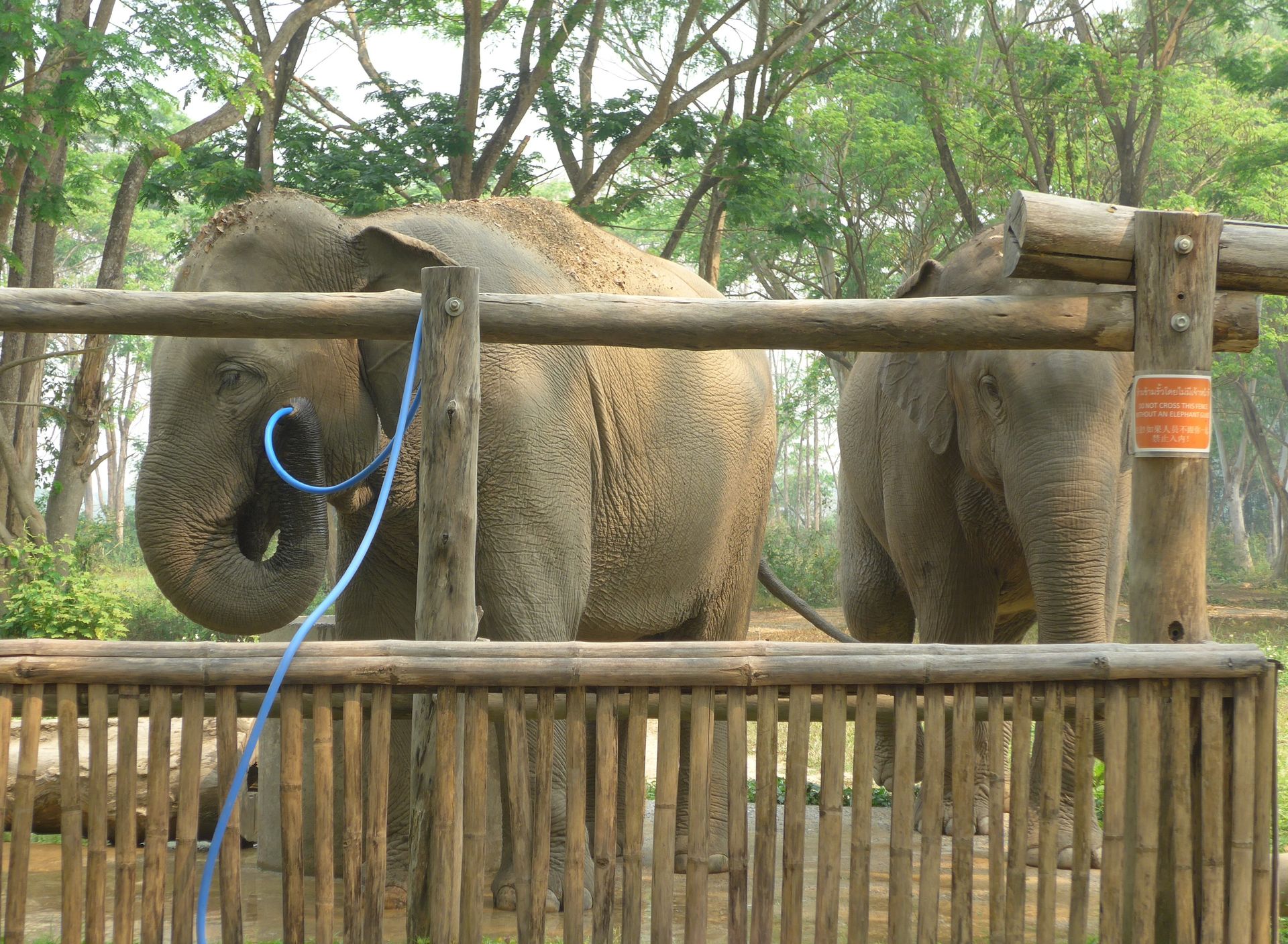
Since there is no river on this site, the elephants have to be showered one or two times a day. Each elephant also has a mahout here who takes care of the animal and is the only human who comes near it.

Finally, we were allowed to feed the elephants. However, we stood behind a fence. After we handed over our banana, which the elephants grasped very carefully with their trunk, we immediately moved away from the animal.

Overall, it was a very nice morning where we had plenty of time to observe the animals in peace.
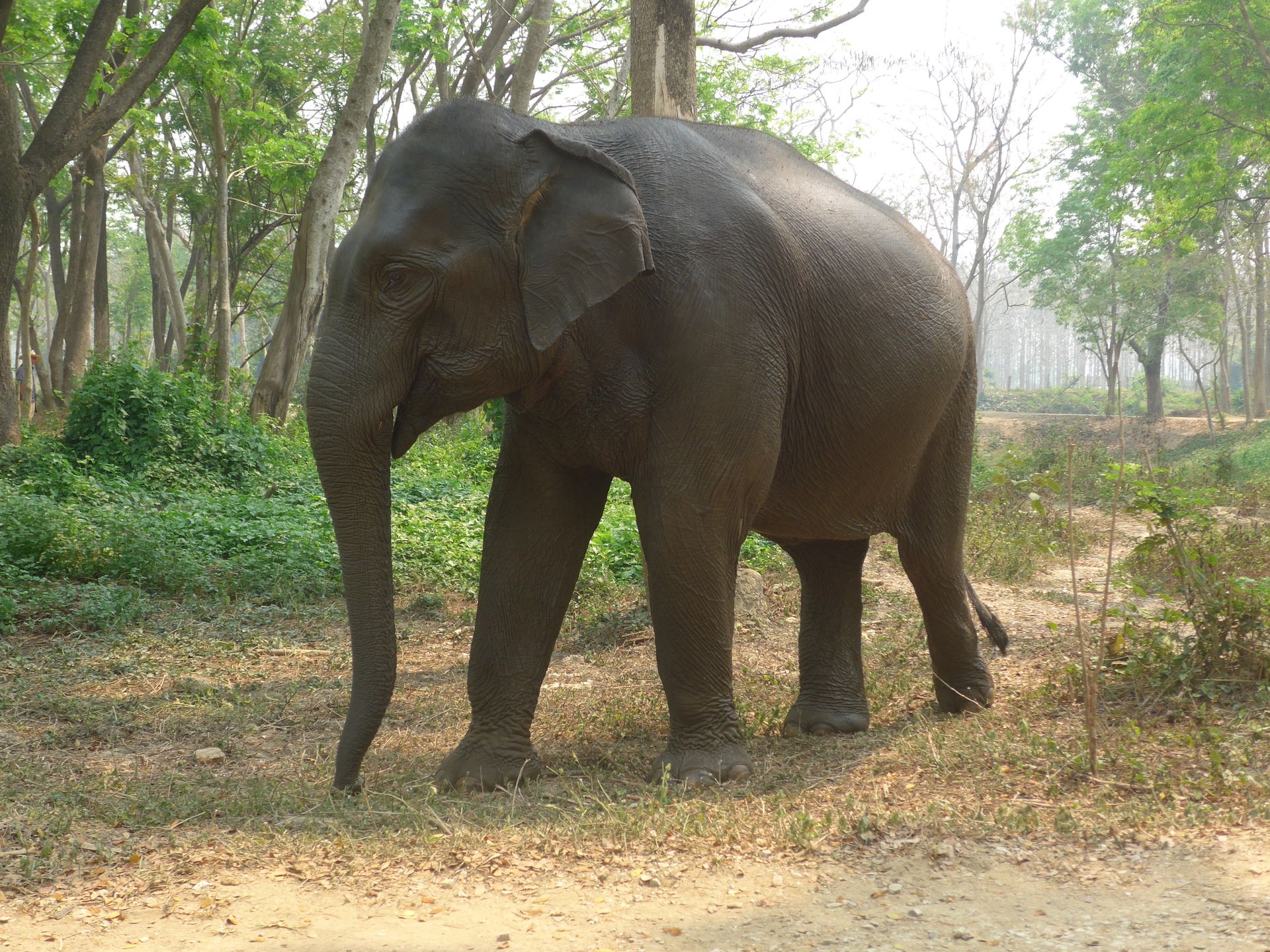
Telli uudiskiri
Vastus
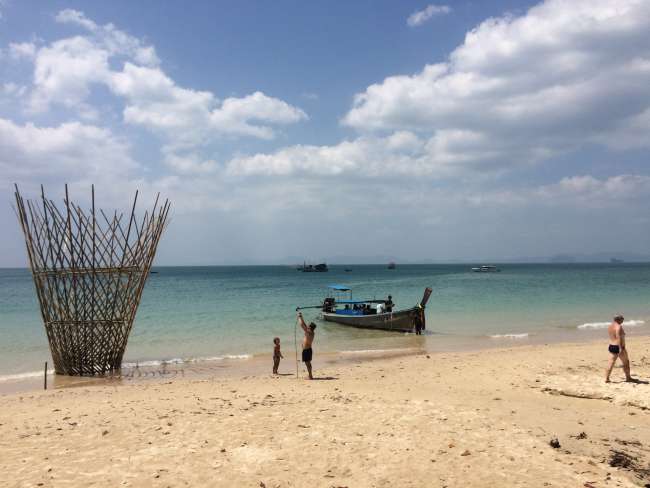
Reisiaruanded Tai
